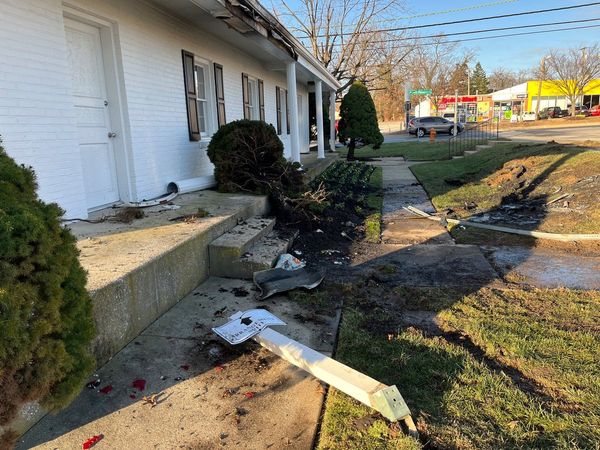
MGM Resorts International on Sept. 11 found itself the victim of a cyberattack, which crippled its properties nationwide.
The resort casino operator saw its reservation system crash and digital room keys stopped working. That created huge backups at its counters as people waited to check in, check out and get new keys.
The company also had problems on its gambling floors, where it had to make manual payments and some of its technology stopped working.
Related: Las Vegas Strip leader’s woke move faces Bud Light-style backlash
The attack is estimated to have cost MGM Resorts (MGM) -) more than $100 million, and the company recently sent an apology to customers that outlined its efforts to help them protect their data:
"As part of our remediation efforts, we have rebuilt, restored, and further strengthened portions of our IT environment," the company said.
"We will offer free identity protection and credit monitoring services to individuals who receive an email from us indicating that their information was impacted. We have also established a dedicated call center that can be reached at 800-621-9437 toll-free."
The MGM attack was preceded by a Caesars cyberattack, in which the company paid a ransom to keep its system from being shut down.
Now, Caesars Entertainment (CZR) -) has admitted that it has been subject to a second attack, which might have compromised data for some of its customers.
The Arena Media Brands, LLC and respective content providers to this website may receive compensation for some links to products and services on this website.

Image source: Shutterstock
Caesars apologizes to its rewards members
Caesars sent an email to members of its Rewards program, letting them know that the company faced a Sept. 14 incident that might have compromised customer data.
The company did not say whether the incident it is referring to is the same one it paid a ransom for.
The company's email detailed what happened:
"Caesars recently identified suspicious activity in our information technology network resulting from an attack on an IT support vendor used by the company," the company said.
"After detecting the suspicious activity, we quickly activated our incident response protocols and implemented a series of containment and remediation measures."
VISIT LAS VEGAS: Are you ready to plan your dream Las Vegas Strip getaway?
Caesars has also launched an investigation into the incident and has hired multiple cybersecurity companies to help figure out what happened. The attack compromised the data specifically related to the Caesars Rewards loyalty program.
"The incident impacted our loyalty program database. Your information is contained in that database, including, among other data, your name, driver’s license or other government-issued ID number, and social security number," Caesars told its members.
"We have no evidence that your bank account information, payment card numbers, or related PINS/passwords were affected."
The company, which operates multiple resorts on the Las Vegas Strip as well as regional casinos all around the country, also shared some advice to affected customers:
"While we do not have any specific reason to believe that you are at risk of identity theft or fraud as a result of this incident, it is always good practice to be vigilant against identity theft and fraud by regularly reviewing your account statements and monitoring any available credit reports for unauthorized or suspicious activity and by taking care in response to any email, telephone or other contacts that ask for personal or sensitive information (e.g., phishing)," the company wrote.
F1? SUPER BOWL? MARCH MADNESS? Plan a dream Las Vegas getaway.
Caesars also warned against answering calls, emails, or text messages from unknown numbers. In addition, the casino company told its Rewards members to never open links or attachments sent from untrusted sources.
Get exclusive access to portfolio managers and their proven investing strategies with Real Money Pro. Get started now.







